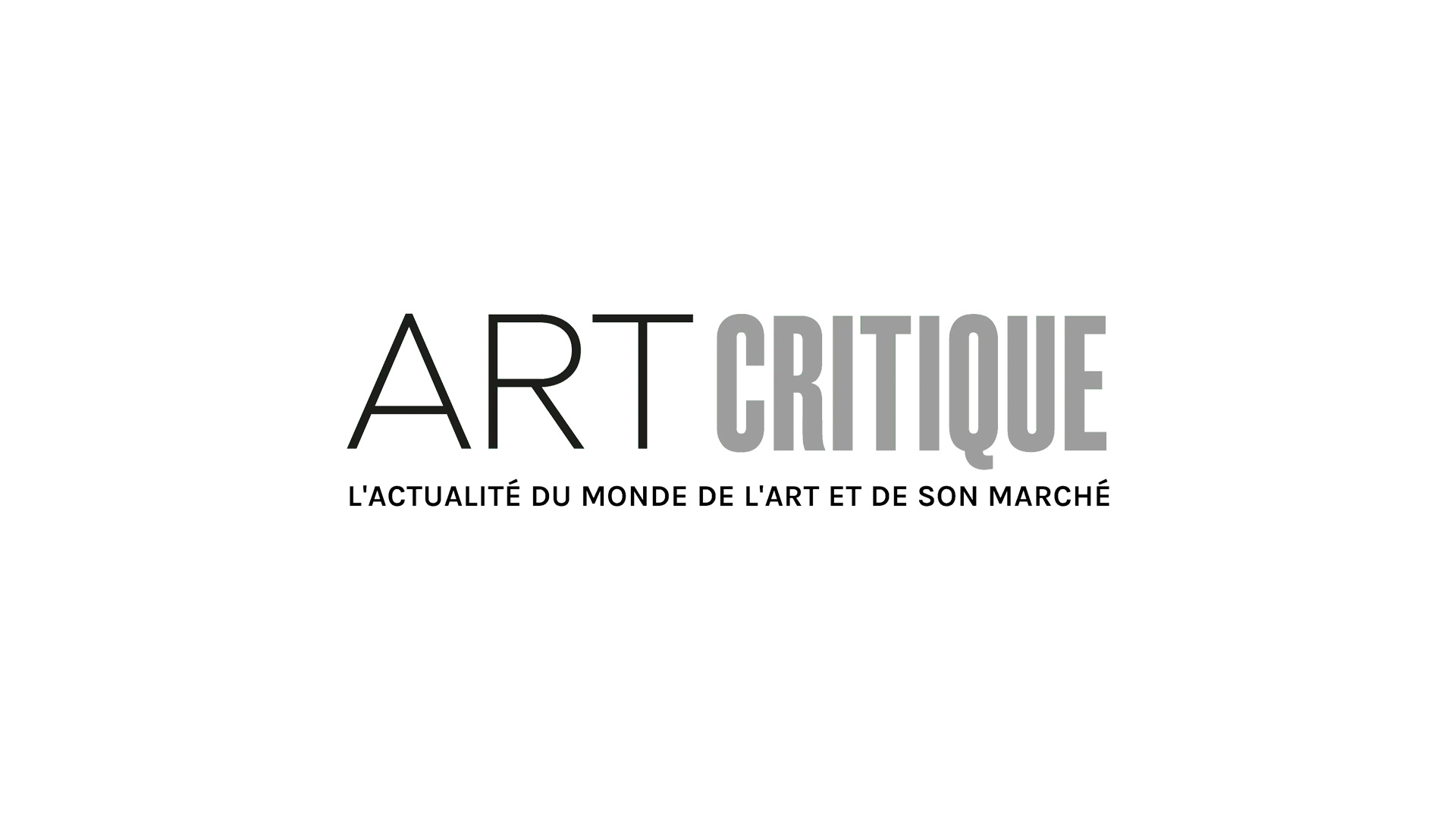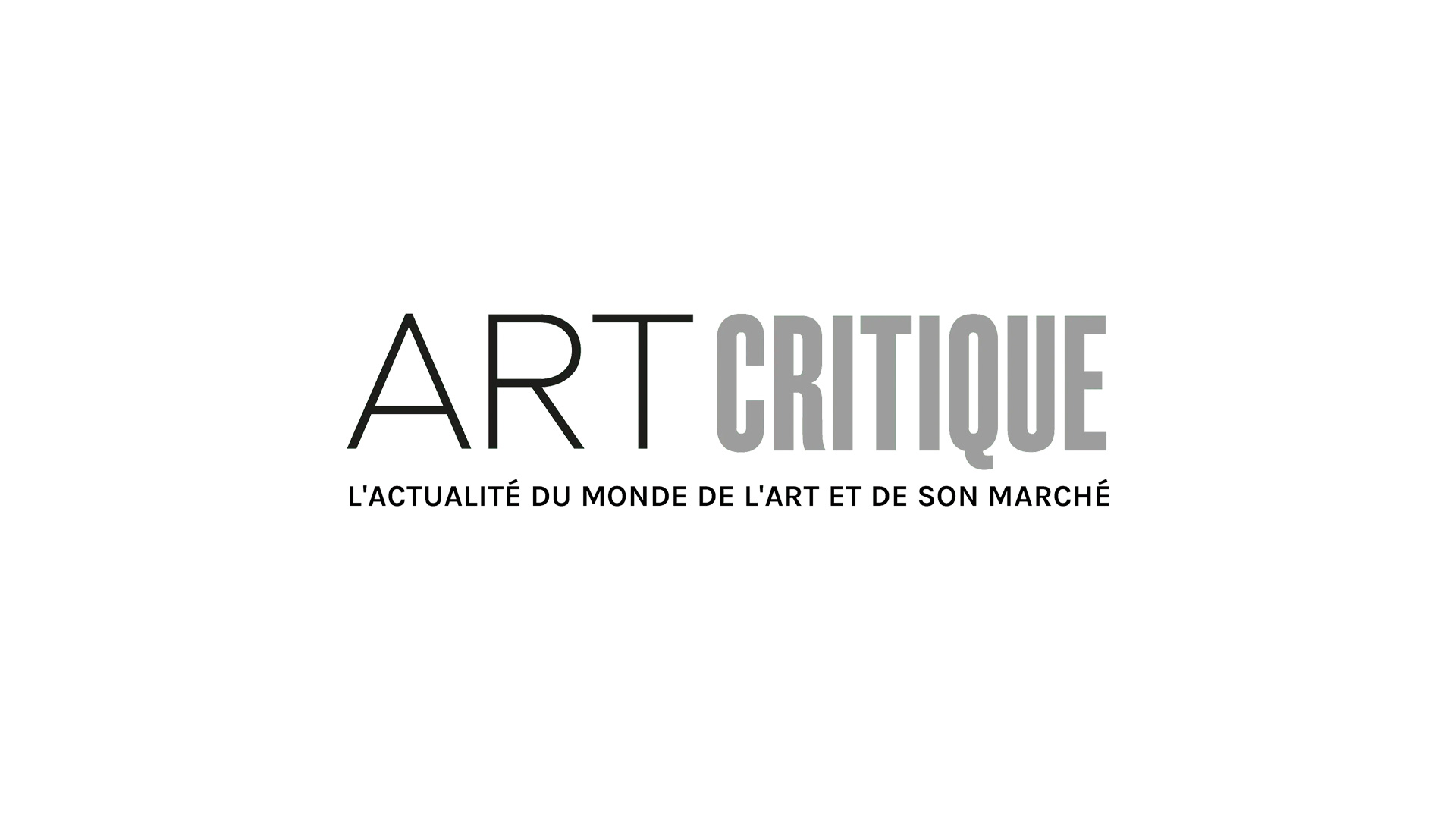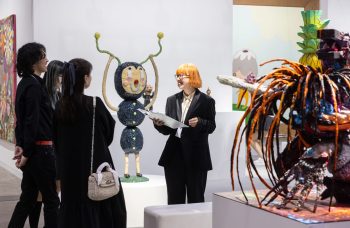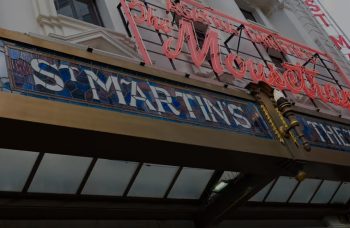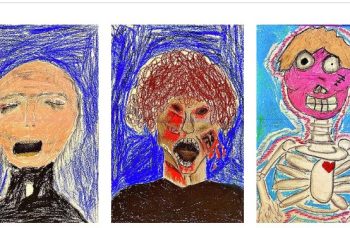On display through February 16 at Paris’ Galerie 24 Beaubourg, a solo exhibition by Hungarian artist Eva Magyarósi brings together her delicate and mysterious drawings, collages, prints and videos, which together make up a fragile dream world imbued with power and poetry. Curated by Paul Ardenne, Récits privés—initiated by Barbara Polla, writer and director of the galerie Analix Forever in Geneva, the exhibit, which puts on display a number of recent works that blur the boundaries between fiction and reality, inhabits a winding, labyrinthine space that itself might act as a metaphor for the non-linear world of memory, association and the unconscious.
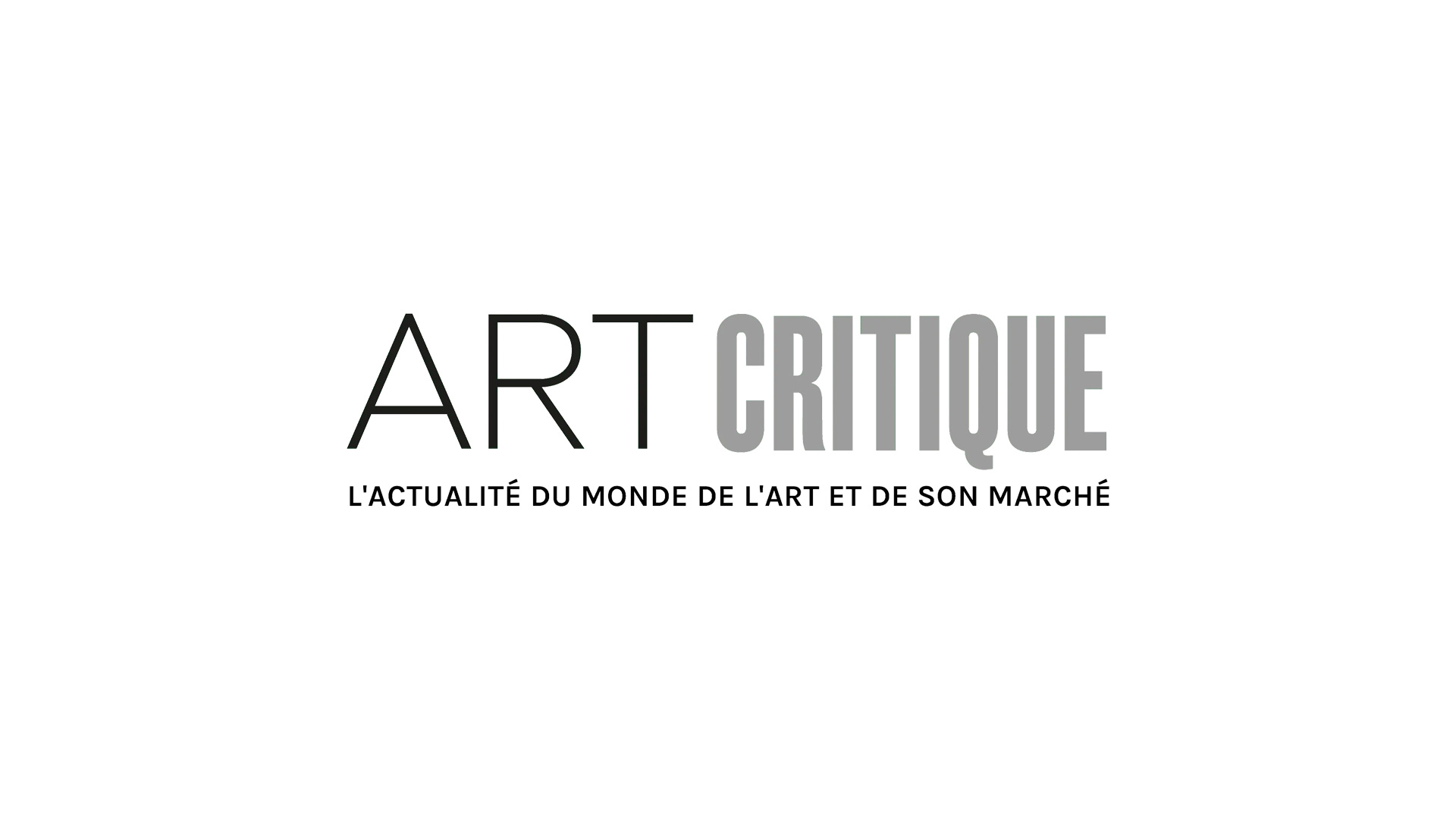
Born in 1983, Magyarósi lives and works in Budapest. By the age of 16, she had already published her first book of poetry. She studied at the Moholy-Nagy University of Art and Design in her native Budapest, both art and video animation, represented Hungary in the Kochi-Muziris Biennale in 2016-2017 and is also the 2018 winner of the prestigious Hungarian UniCredit award.
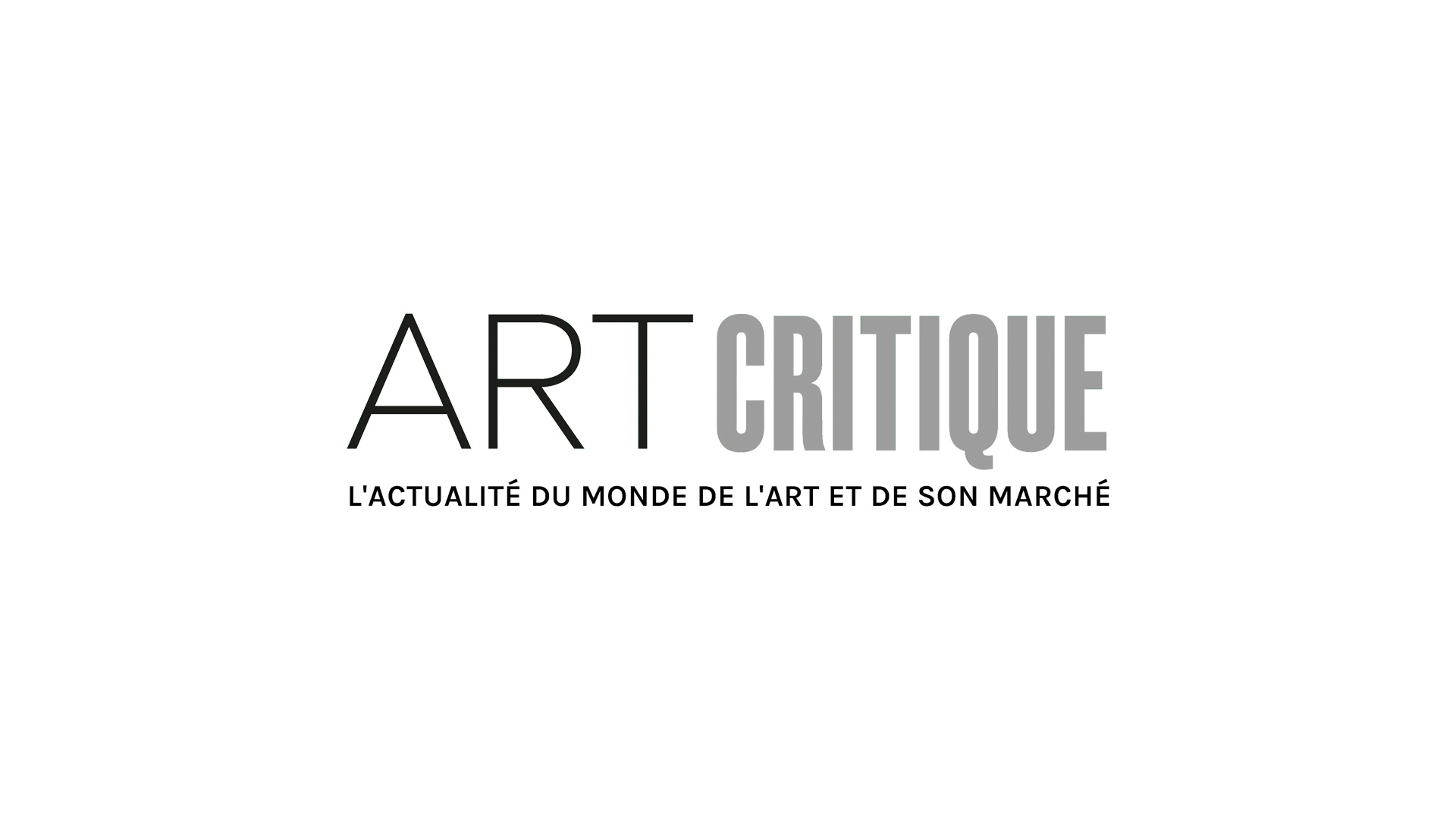
The exhibition, Magyarósi’s first solo show in France, opens with her recent video Tundra (a wasteland); the title refers not only to a bleak, treeless plain, but is also the name of the video’s androgynous protagonist, who crosses paths with a flock of enigmatic, deer-like creatures. They meet with both tenderness and violence in an allegory about the loss of innocence, a theme that is also palpable in a series of drawings of childlike figures whose thin, tiny bodies seem to sprout thorns.
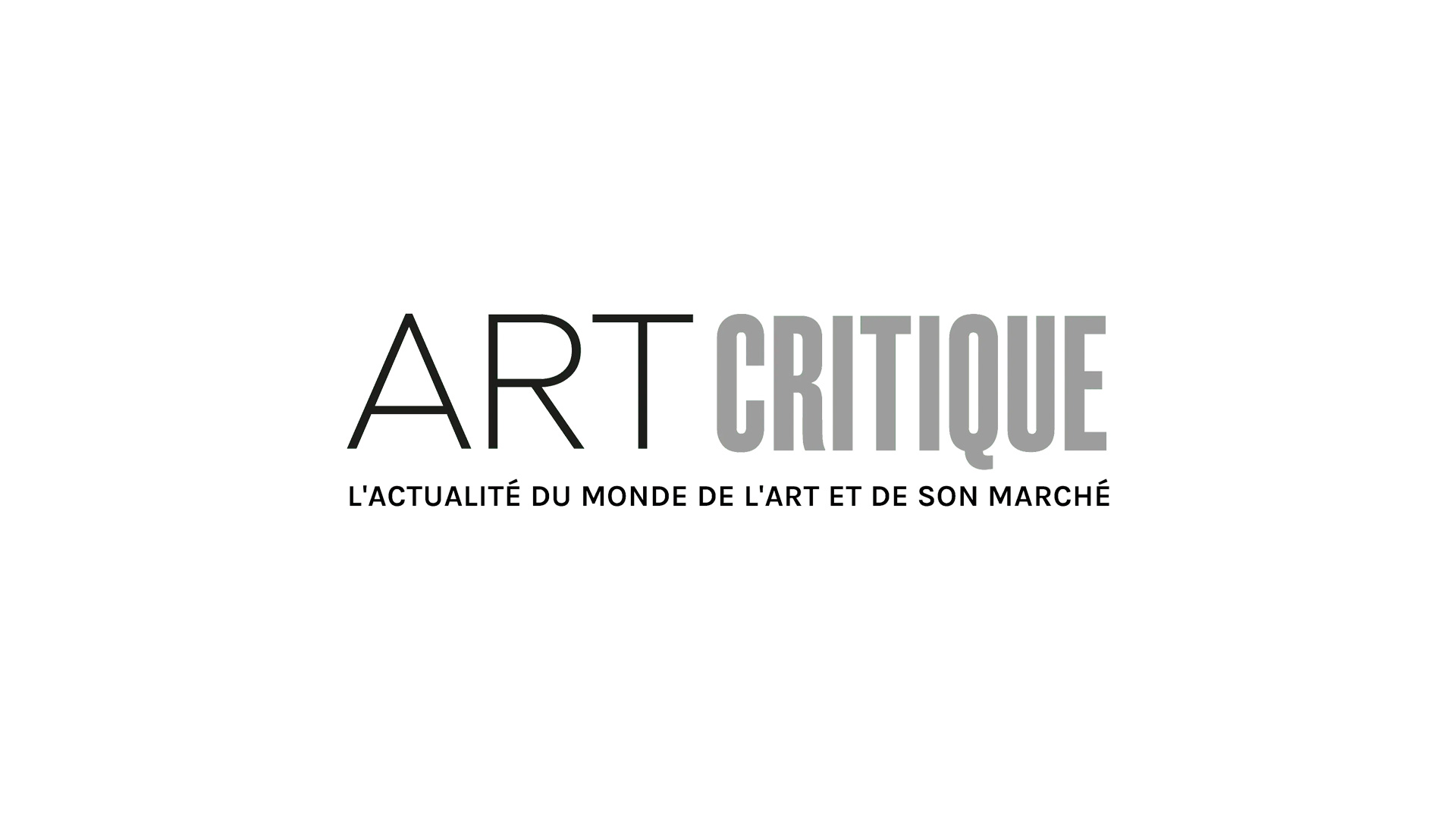
In the gallery’s vast downstairs spaces, drawings, collages and several videos, sensitive and poignant, including a series of ten shorts—The Dreams of Children, The Pine tree, The Pool, Brieflyabout us, Straddle-Legged, Where I come from, The Sea, The Dog Rose Bush, Plotting Board, Winter gardens—; an evanescent, magical landscape animation produced for the Château de Rivau in the Loire Valley when she was artist-in-residence there; and Invisible Drawings (For my father), which explores a sense of grief and loss as well as childhood feelings of fear and vulnerability: Daddy, / You are here in my window. In the window frame under the paint. / In my burnt door. / In the glasses on the top of the cupboard, / In the pen, that you held in your hand, and which you made a mistake in a crossword puzzle. / And in the sounds of music. / In your bathrobe, in its pocket, and in all your empty text messages, and in a torn pack of cigarettes.…
